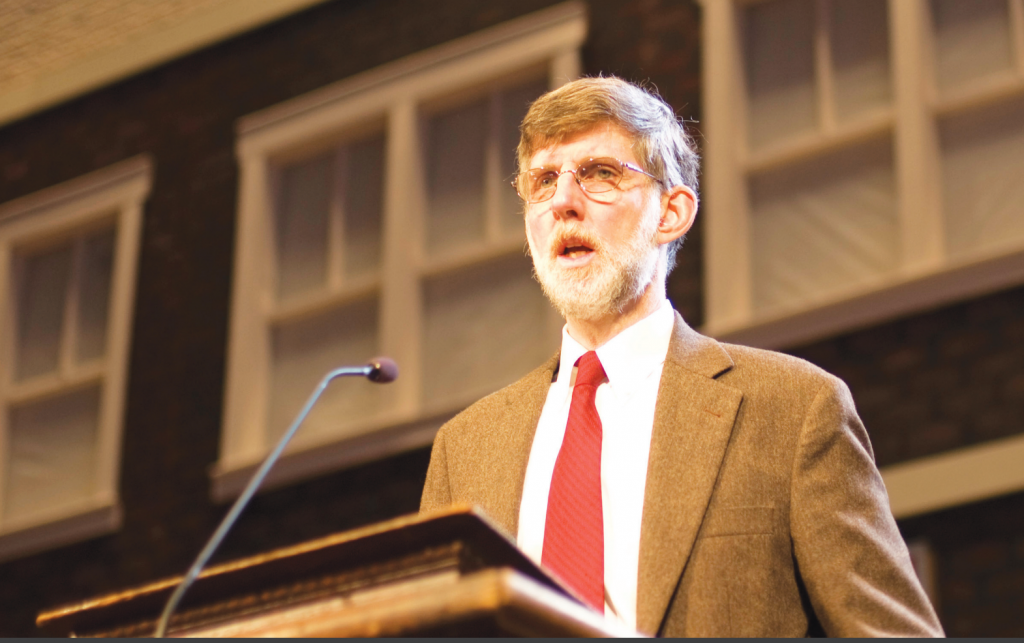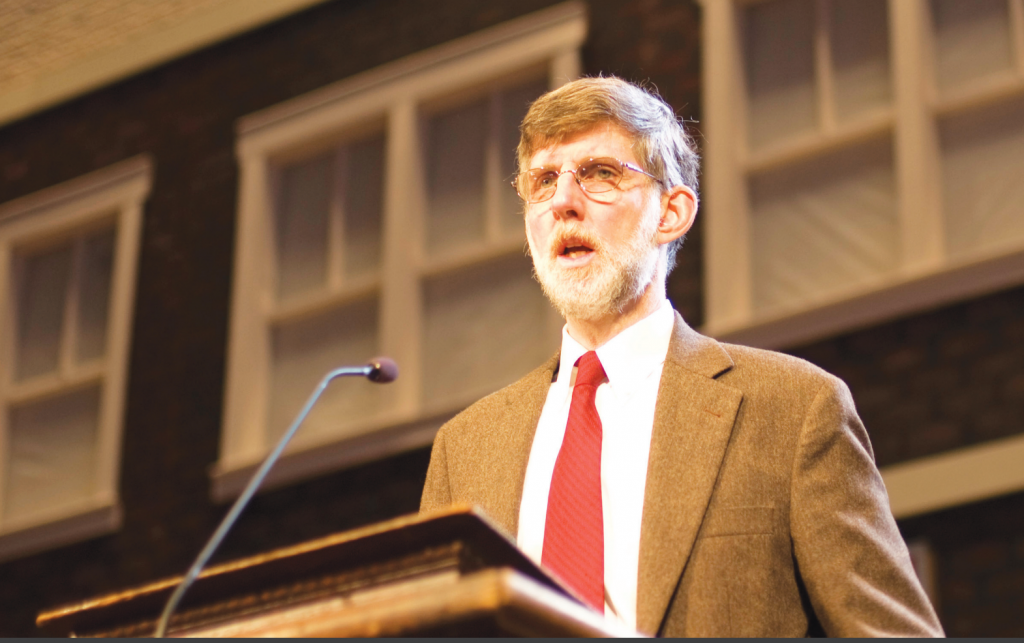On the media - #369

I've been out of politics as a job for about seven years. When I pivoted to software, my consumption of political media went from work-related or at least adjacent back to where it might've been best all along: for 'pleasure.' Between quitting most social media and dialing back what I needed to follow for work, my intake of news and politics dropped significantly. This gave me a little bit of perspective–enough to realize that the authors I read directly predicted my opinions.
You go through life wanting to think that you're independent. Your decisions and thoughts and opinions arise purely from your mind. But at some point along the way, you realize that you're far more likely to fight with your spouse when you're hungry. Or, you realize that the things you say you think are just the synopsis of the most recent podcast you listened to. Or, you realize your religious convictions have changed almost precisely along the lines of your new church's beliefs. In the equation of why I think the way I do, my ideas are a dependent variable.
I remember criticizing a friend's parroting of silly talk radio talking points: my criticism was entirely founded on a pundit's podcast that I'd recently listened to–perhaps even word-for-word. Who am I to poke at a parrot? The more interesting question, then, is less 'what do you think' than it is 'why do you think that way.' That question works in both directions. The place to start with it is inward: interrogating ourselves first.
If the reporters or authors we read and the pundits we listen to shape our thoughts, then knowing how those people work becomes really important. I found James Bennett's long essay in the Economist (the first link below) really intriguing not because of his opinion on how the Times has changed, but because he authoritatively describes the internal practices, known to journalists, that shape what gets published. It's important to know that there's more critical commentary published outside of the op-ed page, which means there are less places where opposing views might be found.
Lest my right-of-center friends mock me for focusing on the progressive tilt at the Times, the second link is worth considering, as well. In it we see the crumbling of even, factual reportage at the conservative World magazine. It was the result of similar decisions: the publishers decided to launch an opinion section separate from the editorial process, in which populist and pro-Trump voices were exclusively found. The magazine's editors, left without the ability to edit, quit.
You could read both kerfuffles as internal political fights. That's certainly part of the story: never underestimate the power of organizational politics. But the reason high-profile editors and writers quit or get run off seems to be more than that. These exiles are concerned about the way arguments get published; they're concerned that us readers are being improperly shaped by one-sided opinions. That's a concern that we should share. If the only opinions to be found in an imprint are one side's, then its readers would assume those are the only opinions respectable people have. If opinions are found throughout an imprint, especially in its apparently factual reporting, then its readers will intuit that those opinions are the only lens through which the real world can be seen.
I don't have a good answer to these challenges. I don't listen to many pundits or read imprints with which I disagree–it's no fun. Perhaps we're in GI Joe territory, where knowing is half the battle. The thing I think I know is to distrust thoughtless, one-sided media outlets. Maybe I should hunt for a place where they publish real disagreements and counterarguments. What say you?
Reading
When the New York Times lost its wayJames Bennett, the recently resigned Op-Ed editor at the New York Times, says America's media should do more to equip readers to think for themselves. |
|
A Wrinkle in Journalism HistoryMarvin Olasky, the recently resigned editor-in-chief of World has a story to tell—and a warning to offer. |
|

